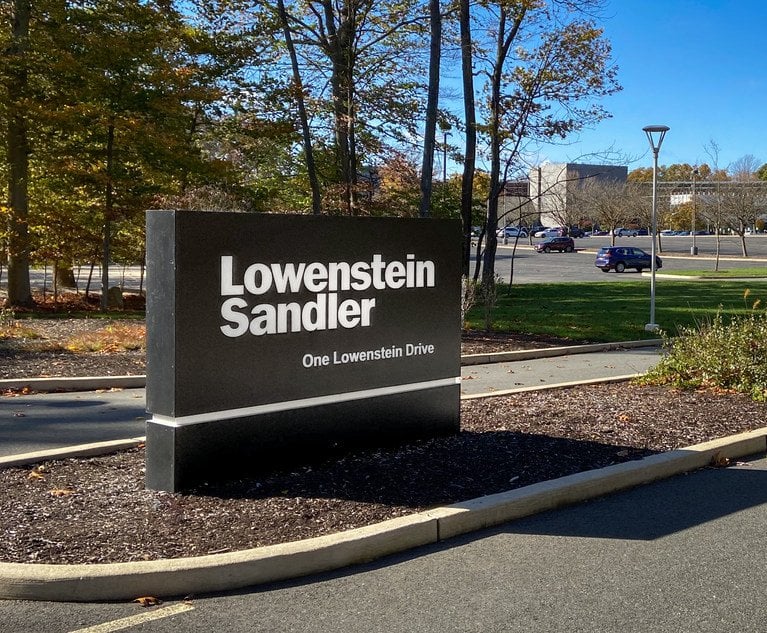The recent campaign of Harry Markopolos and his allies in attacking General Electric’s accounting is fascinating, challenging, and hard to evaluate, but clearly it demonstrates that we need to rethink the current legal treatment of short selling and “negative activism”. To briefly recap, Mr. Markopolos, who was, of course, the first to publicly proclaim that Bernie Madoff was running a giant Ponzi scheme, accused G.E. in August of being “A Bigger Fraud than Enron.” Specifically, he produced a lengthy report (and an associated Power Point display designed to educate accounting-challenged journalists) that alleged a $38 billion accounting fraud at G.E. The key claims were that G.E. was “hiding $29 billion in Long-Term Care Losses” with respect to its insurance operations and was also concealing “$9.1 billion in Baker Hughes losses.” See “General Electric, A Bigger Fraud Than Enron,” www.gefraud.com (hereinafter, “GE Fraud”).
When these disclosures hit the market in a well orchestrated blitz, G.E.’s stock price fell to a low of $7.76 per share on Aug. 15, 2019 (when over 400 million G.E. shares traded on that day). Overall, G.E.’s stock price dropped 21 percent throughout August (while the Dow Jones Industrial Average fell only 1.7 percent that month). Yet, in September 2019, G.E.’s stock price rebounded (after several peaks and valleys) and recovered most of August’s losses, hitting a high of $9.40 at 1:00 p.m. on September 16 (as this column was completed). Does this prove or support G.E. CEO Lawrence Culp’s charge that Mr. Markopolos’s claims were “manipulation—pure and simple?” Not really. The stock price is still down over $1.00 per share since early August, and G.E. has decided to reduce its majority stake in Baker Hughes to a minority position (seemingly a partial concession of some of Mr. Markopolos’s allegations).


 John C. Coffee Jr.
John C. Coffee Jr.




